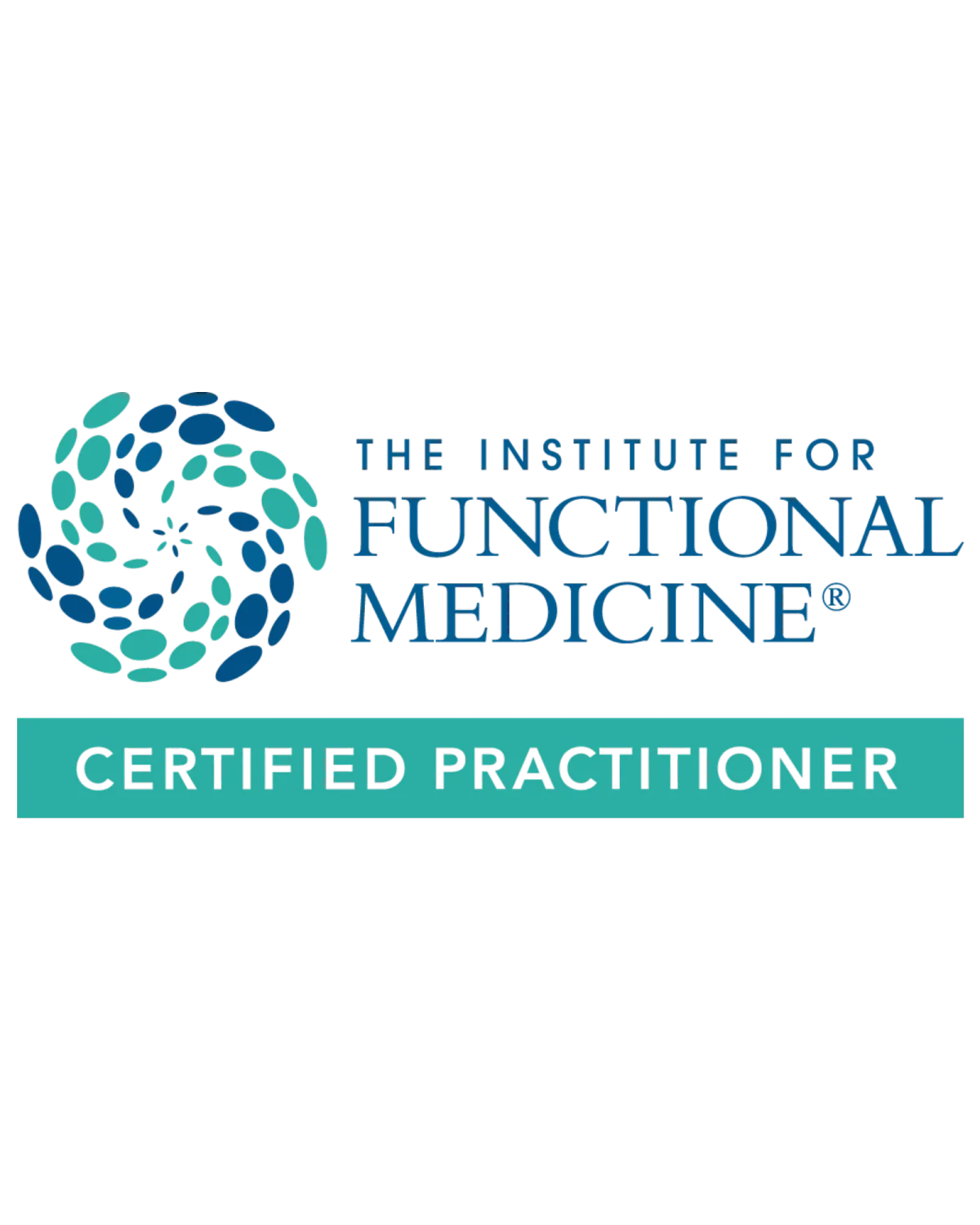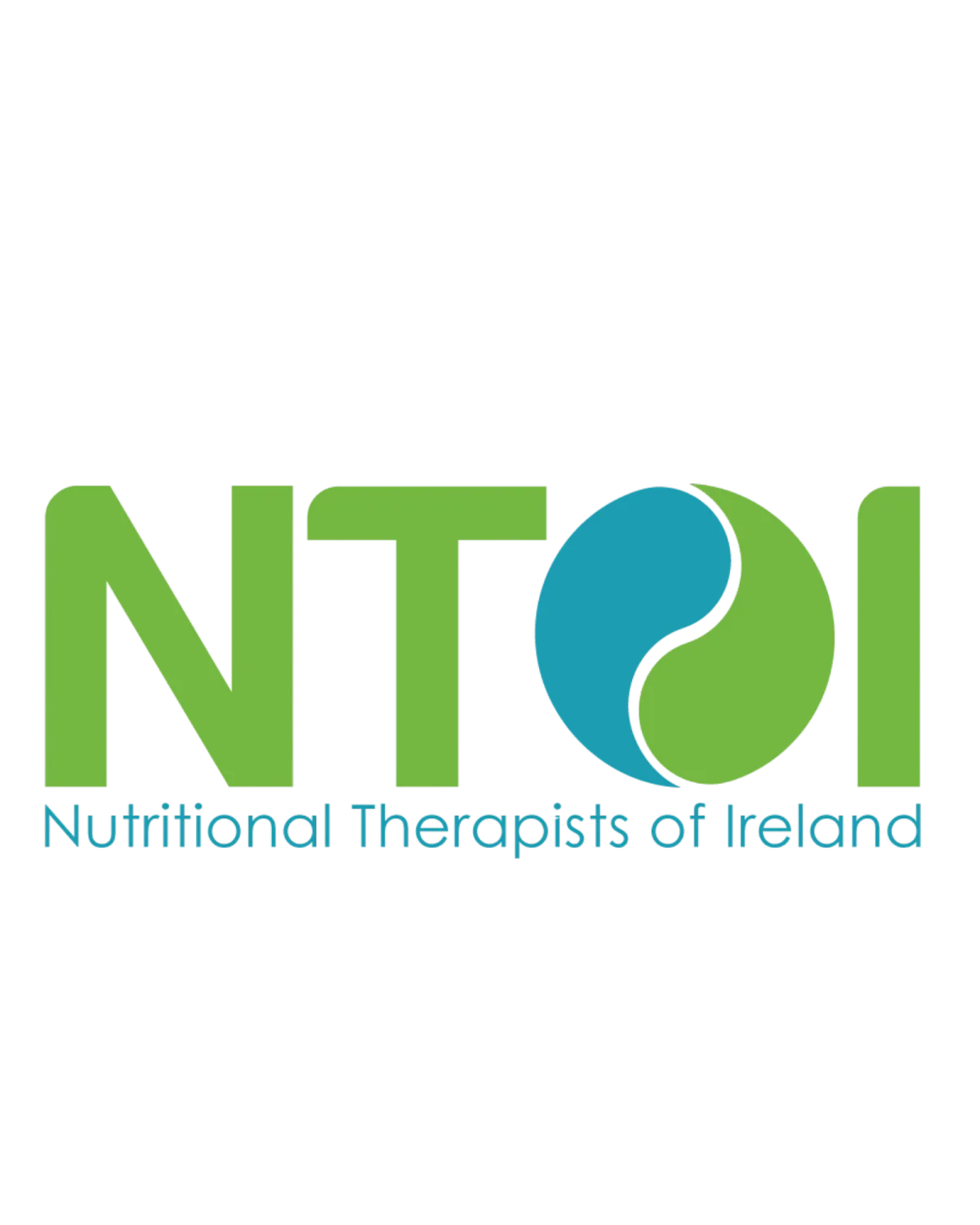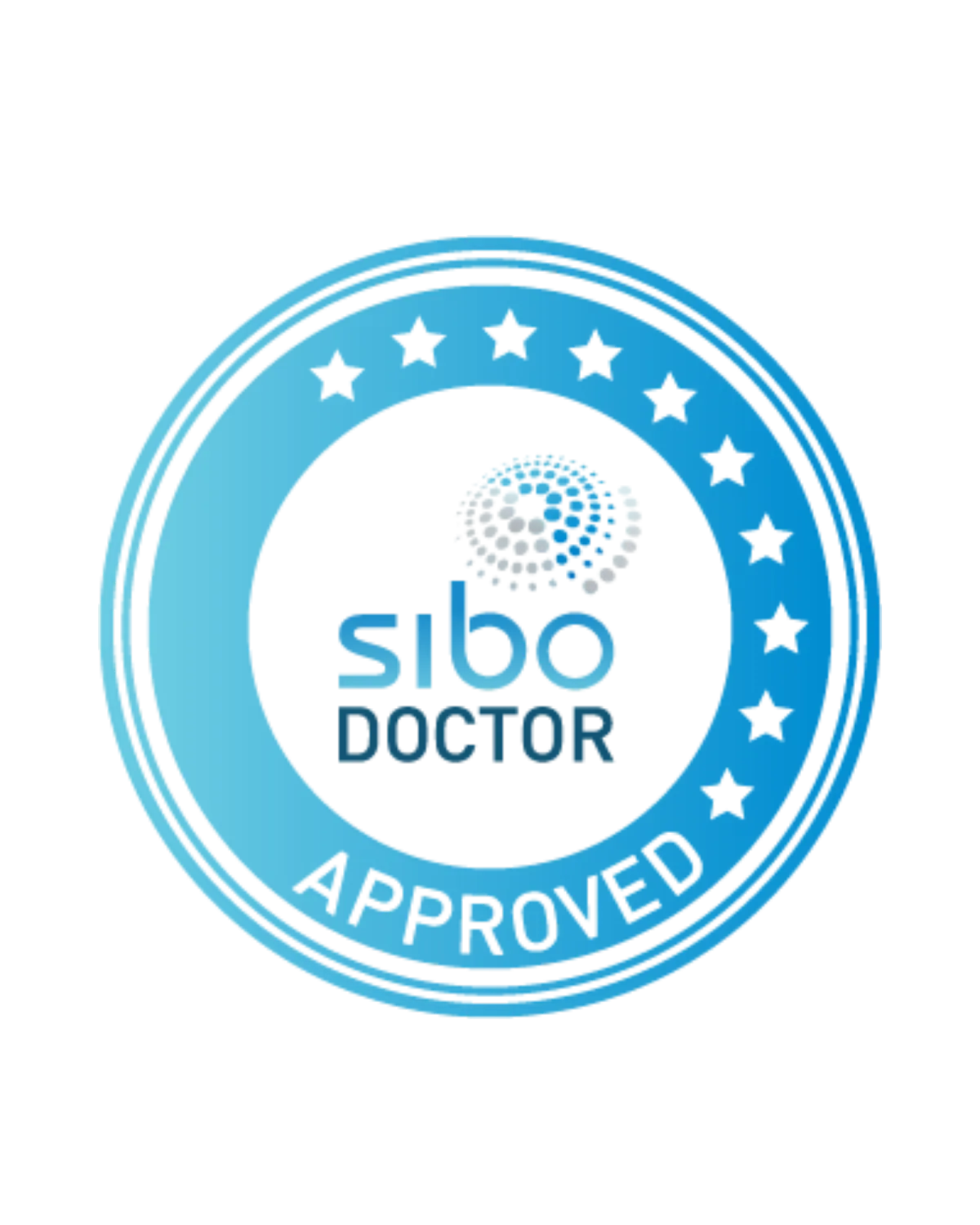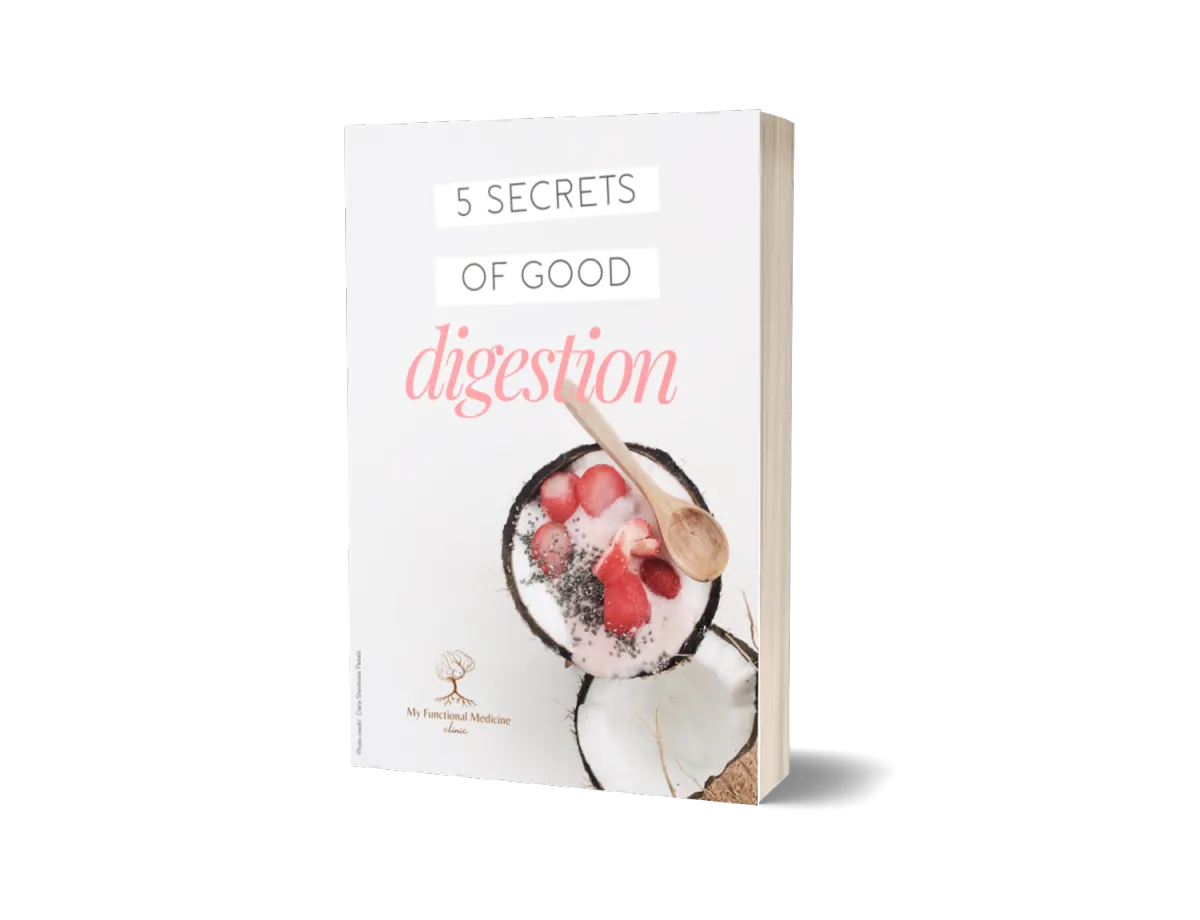
Say Goodbye to Fatigue, Bloating, and Weight That Won’t Budge
Functional Medicine Solutions for Gut, Hormone & Metabolic Health: Get to the root of your symptoms, connect the dots, and activate your body’s natural ability to heal and thrive.
You’re doing all the right things—eating clean, moving your body, staying mindful - and still, your body isn’t responding.
You’re bloated, low on energy, your weight keeps creeping up, and no one seems to have the answers. Blood tests say you’re “fine.” But you don’t feel fine.
It’s not in your head.
Your symptoms have a root cause.
And together—we can find it.
I Help Women Who Feel Stuck in Their Own Bodies
If you're tired of:
- Constant bloating and gut discomfort
- Unexplained fatigue and brain fog
- Hormonal chaos and mood swings
- Stubborn weight that won’t shift no matter what you do
- Being dismissed or told “everything is normal”
Then you're in the right place.







Your Symptoms Are Real. The Solution Starts Here.

Individual Functional Medicine Consultations
Get Clarity with Personalised Consultations:
Gut Health Consultation
For bloating, reflux, IBS, SIBO, and digestive symptoms that just won't settle.
Hormone Balance Consultation
For irregular cycles, low energy, weight gain, poor sleep, and suspected thyroid/adrenal imbalances.
Blood Lab Interpretation & Healing Protocol
Functional analysis of your blood test results (no older than 2 months), paired with detailed questionnaires to uncover root causes.

12-Week Body Transformation Programme
You Deserve to Feel Amazing in Your Body
For women who’ve tried everything—and still feel stuck.
If your weight won’t budge, energy is drained, and nothing seems to work anymore, this high-support programme is for you.
Personalised nutrition, movement & mindset strategies
Weekly check-ins with your dedicated transformation coach
Functional testing (if needed) & monthly reassessments
Built-in accountability & powerful habit-change tools
This is more than weight loss—this is a journey back to your most confident, energised, empowered self.

Corporate Wellness That Drives Results
Empowered, energised employees are the foundation of a thriving business.
This results-driven Corporate Wellness service is designed to help your team feel better, work smarter, and stay resilient—both in and out of the workplace.
Through engaging workshops and educational webinars, delivered online or in-office, I provide practical, science-backed tools that support energy, focus, and long-term wellbeing.
Because when your people feel good, your business performs even better.
What’s Included:
Interactive wellness workshops (topics include stress, energy, sleep, nutrition, gut health & hormonal balance)
Online or in-person delivery to suit your team’s needs
Actionable strategies your employees can implement right away
A preventative, empowering approach to health and performance
Your Symptoms Are Real. The Solution Starts Here.
Success Stories
I used to suffer with anxiety and it caused so much trouble in my life and especially after I moved to Ireland, it got worse with so much challenges. For the past years nobody could help me and I believe that life brought me here to find the right and most amazing person that could do that. I had the pleasure to meet Ingrida and she has guided me to treat my anxiety and today I feel I’m a new person. Ingrida has so much patience to always listen to me every time and she makes me feel unique and secure. She doesn’t help me only treat the problem, she listens to me, she makes me understand what causes it and it is always pleasant to have a conversation with her. After I met Ingrida I feel that my life has just begun to flow. Today I can really enjoy my life!

Irregular menstruation was a problem of mine. Since I wasn't comfortable with hormonal treatment my physician suggested I looked for alternative ways. Ingrida found a way to help me in a natural way, which i am so thankful for.

Ingrida is fantastic, highly knowledgeable and professional. I was experiencing severe fatigue during my training with a sense of weaknesses during and post my workouts. After trying to fix the problem on my own I contacted her explaining my issue. I found her to be very competent when dealing with it and she was also very personable and compassionate. My experience with her was great and the fatigue is gone. I would recommend her to anyone.

I sought help from Ingrid when I couldn’t cope with my health issues and felling uncomfortable each time I ate something not right for my gut. A handful of tablets was fixing my health for a short time, but I needed long-term solution. I didn’t realise how it is possible to change your life with correct information about your body function and balanced diet. I cannot thank Ingrid enough for all her help.

I would recommend Ingrida’s work wholeheartedly! She introduced me to the functional medicine, which I immediately liked. Since holistic approach to health and minimal use of pharmacology is always my preference, I was very excited to find out about possibilities of this type of treatment. I learned a lot from Ingrida, especially on a correlation between our digestive health and immune system. I feel that I was able to make more informed decisions about my diet and choose the ingredients more carefully. As a result, my weight and immune system improved significantly. So, thanks Ingrida! :)

Fat loss, muscle building Ingrida is a fantastic and very professional person! Some time ago I turned to her for advice on a healthier lifestyle. She immediately took my request very seriously and gave me a wonderful diet and exercise program! I'll definitely go back to her!

I have always been a yo yo dieter, I lose weight but then gain all back on and then some. The main reasons I was overweight were 1) oversized portions of food and 2) not enough exercise. Ingrida’s weight management training helped me to understand what portion sizes I should be eating and to plan ahead so that I was prepared, so I wouldn’t be caught out and then eat crappy food. I was also very confused about the calories to eat especially when exercising and found out that I was undereating and my body was going into survival mode and then not losing any weight, Ingrida made it easy to understand. I found that even after the training that Ingrida was always available for any questions and was always very encouraging when I was being active as well. Ingrida is passionate about what she does and walks the talk. She’s inspiring and I left the session with Ingrida feeling positive and uplifted. I highly recommend Ingrida and am really glad I’ve had her to educate and support me throughout the my diet.

I want to recommend Ingrida as Nutritional Therapist not only because she understood my general concerns on my fitness level and wellbeing very quickly, but she provided easy instructions and clear explanations for the way forward. Ingrida has an excellent knowledge of nutrition and how our body and cells work, and she explained it clearly on many occasions. She is genuinely interested in my progress and health, which motivates me to get better, healthier, and have higher energy levels. I feel the difference between how I was and ‘my new me’, and I certainly want to recommend Ingrida without hesitation! Thank you!

I just have to share my experience with My Functional Medicine Clinic because it's truly been a game-changer for me. You see, I used to struggle with feeling sluggish, battling sugar cravings, and just not feeling like myself. But since joining the Body Transformation Program, everything has changed. First off, let me tell you about the personalized approach Ingrida takes. It's not one-size-fits-all like some other programs I've tried in the past. Instead, she really takes the time to understand my body and its unique needs. No more feeling like I have to eat a certain way just because everyone else is doing it. It's all about finding what works for me. My coach, Ingrida, has been very supportive. She answered all the questions I had. I never felt judged or pressured, just empowered to make healthier choices for myself. Plus, the weekly check-ins kept me accountable and motivated – something I definitely needed to stay on track. But the best part!!! The results. I've never felt better! My energy levels are through the roof, I'm thinking clearer than ever, and in less than 2 months, I was able to see my abs – they're popping! And all of this without feeling deprived or restricted. My parents couldn't believe I was on a diet. My dad was even enjoying the desserts I was making for myself. He couldn't believe that I was on a diet, but the truth is, I wasn't. I just learned to understand my body, and it's truly been a life-changing experience. So if you're tired of the one-size-fits-all approach and ready to take control of your health, I can't recommend Ingrida enough. Trust me, you won't regret it! Thanks again for helping me become the best version of myself.


What if you knew exactly how to restore your gut health?

